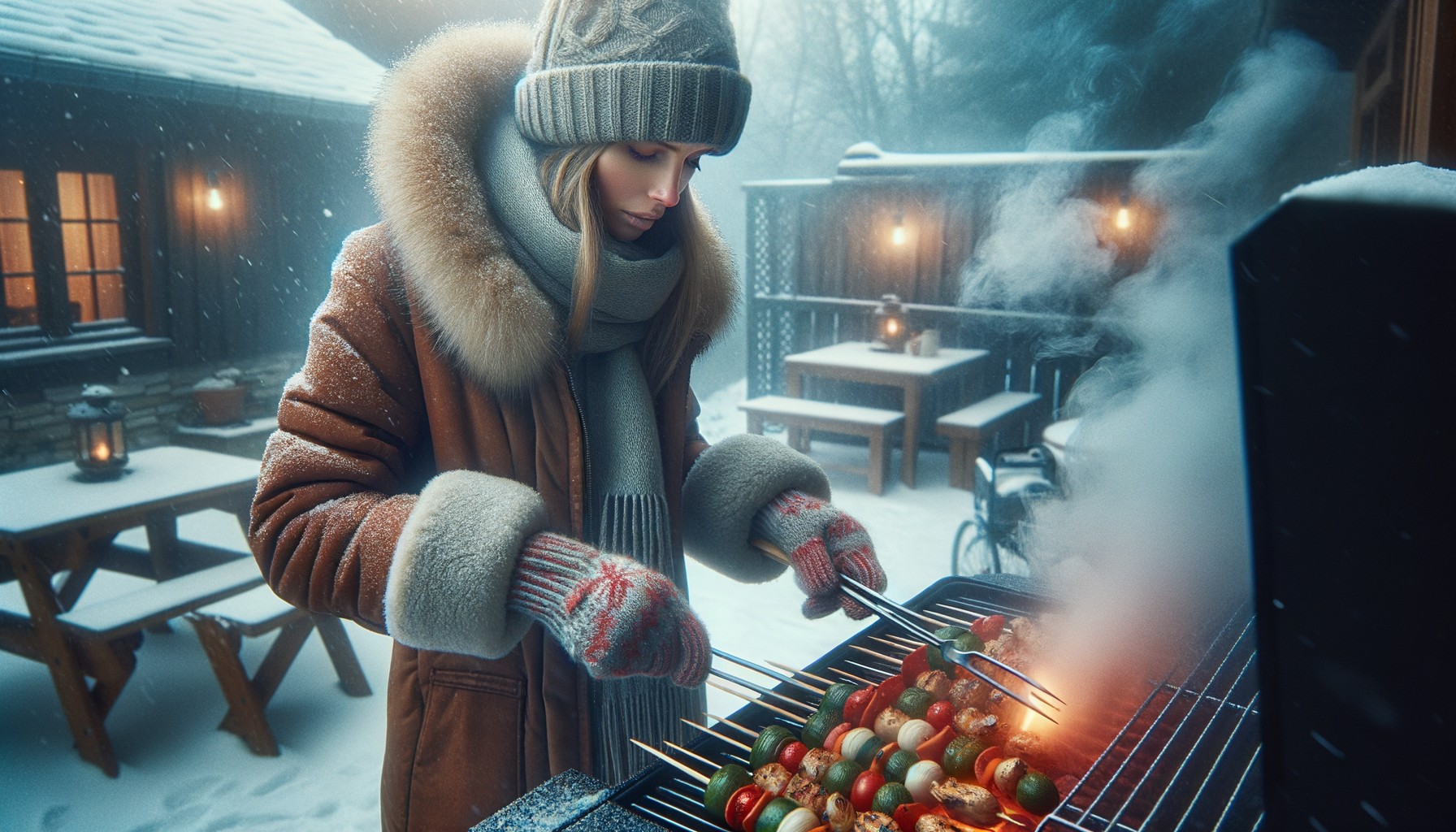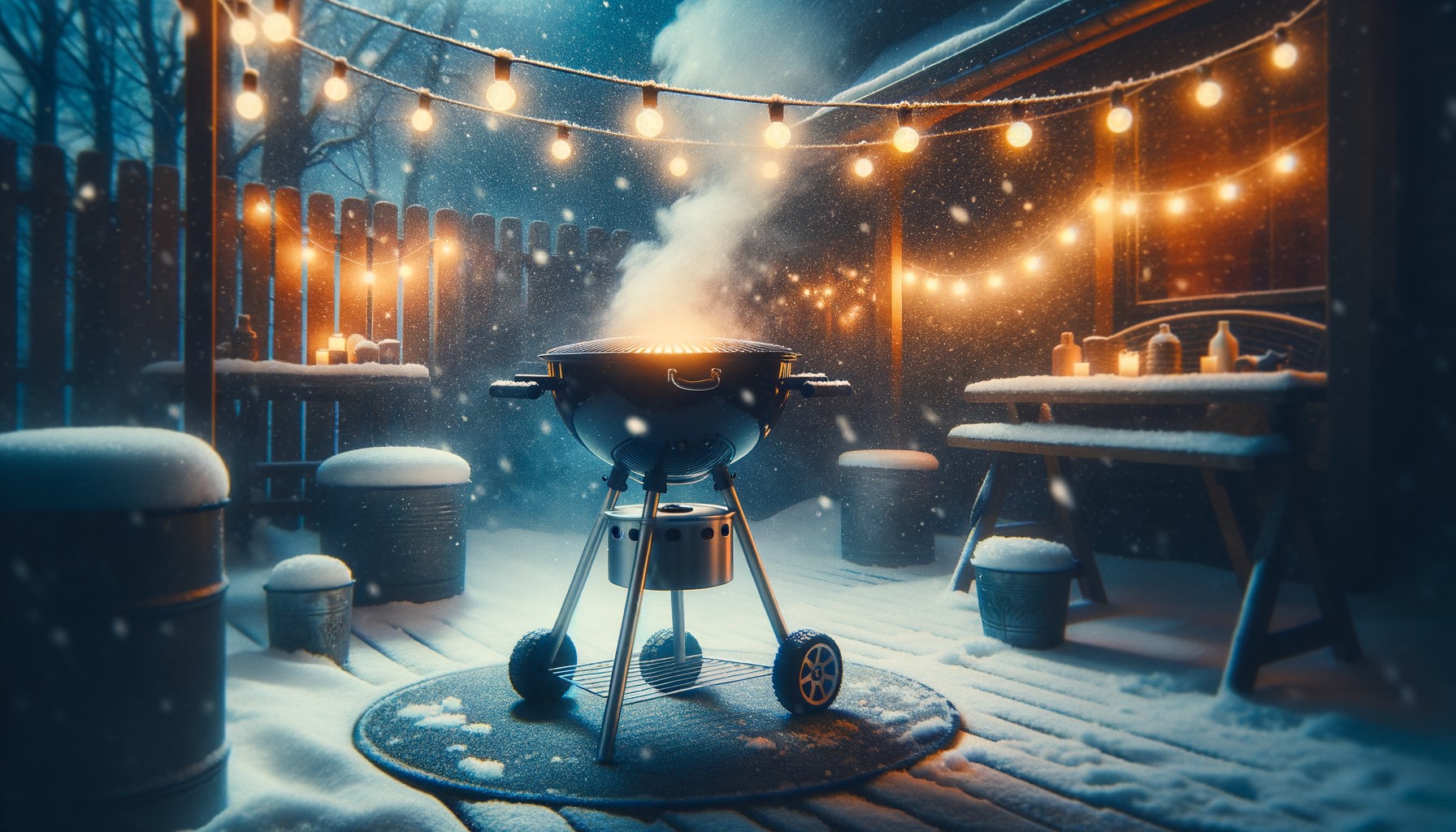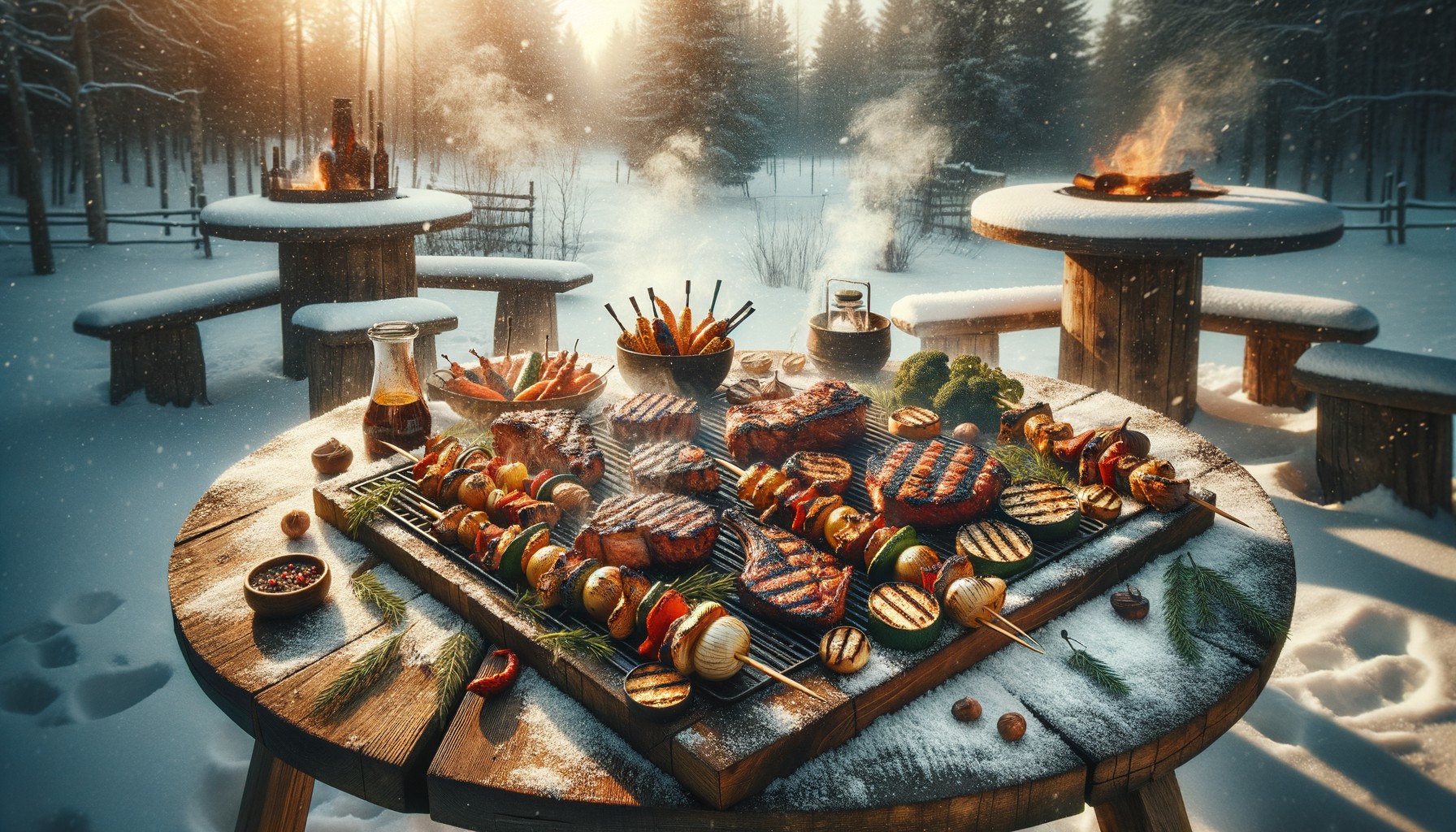Winter Grilling Mastery: Tips and Techniques for Cold Weather Barbecue
When the temperature drops, it doesn't mean the grill has to cool down. Winter grilling can be just as enjoyable and successful as summer cookouts with the right techniques and preparations. This guide will walk you through adjusting your grilling method, choosing the best fuels, and maintaining optimal temperatures to ensure your winter barbecue is a sizzling success.
Prepare Your Grilling Station
Before you brave the chill, it's crucial to set up your grilling area for winter conditions. Ensure your grill is stationed in a well-ventilated, but sheltered spot to protect it from harsh winds which could reduce heating efficiency. A patio corner or a spot under an awning can provide the necessary shield. Also, consider a non-slip mat to prevent any slips on icy surfaces.
Choosing the Right Fuel
The type of fuel you use can impact your grilling experience. Charcoal and hardwoods like hickory or maple not only burn hotter but also longer, which is ideal in cold weather. For gas grills, ensure your propane tank is full and consider keeping a spare one; propane's efficiency drops in cold weather.
Adjusting Cooking Times and Temperatures
Cold air and wind can increase cooking times significantly. It's important to preheat your grill for a longer period than usual—about 25 to 30 minutes to reach the right temperature. Invest in a good quality grill thermometer to monitor the grill's temperature without opening the lid too frequently, as this can cause significant heat loss.
Winter Grilling Techniques
Use techniques like indirect grilling for cooking larger cuts of meat, which allows for slower, more even cooking. For grilling in winter, consider using grill covers or turning up the heat slightly to compensate for the cold. Also, using a cast-iron skillet on the grill can help maintain consistent heat for cooking.
Maintaining Your Grill
Winter conditions can be tough on your grill. Regularly check for any ice or snow build-up and clean your grill grates before and after each use. Stainless steel grates are ideal for winter as they resist rust and corrosion better than other materials.
Conclusion
Don't let the cold weather keep you from enjoying your favorite grilled dishes. With these tips and the right preparations, you can turn any snowy day into a perfect barbecue opportunity. Embrace the winter grilling season and enjoy the unique experience of outdoor cooking in the cold!


